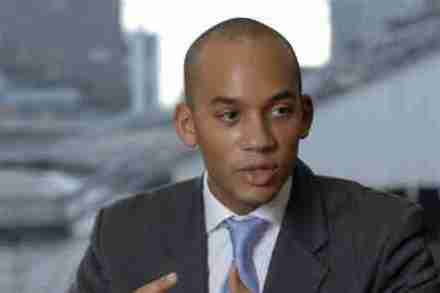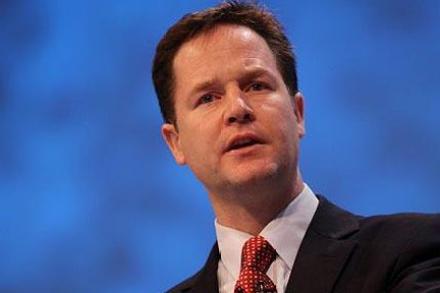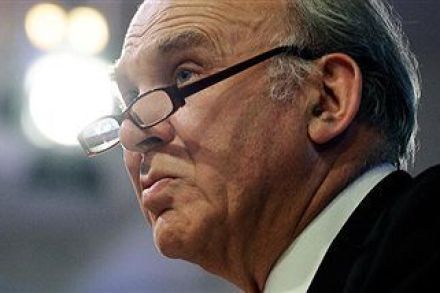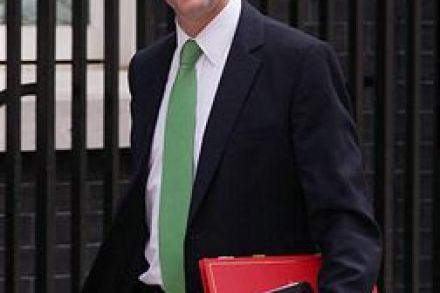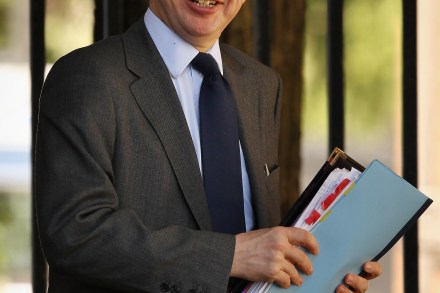The Brokeback coalition
It’s the silly season. The Newspapers have been trawling for anti-coalition quotes from MPs, their wives and their dogs. They’ve found two. Tim Farron, the defeated candidate for the Lib Dem deputy leadership, said yesterday that David Cameron had a ’toxic brand’ and it wasn’t his job to cleanse it. Well, the latter is certainly true, and Lib Dem benches are concerned by plummeting polls and intense flak from Labour. David Cameron will make a very public effort to grant the Lib Dems concessions on civil liberties and fairness in the tax system, a pre-emptive tonic ahead of cuts. There is disquiet on Tory backbenches – there always is.




